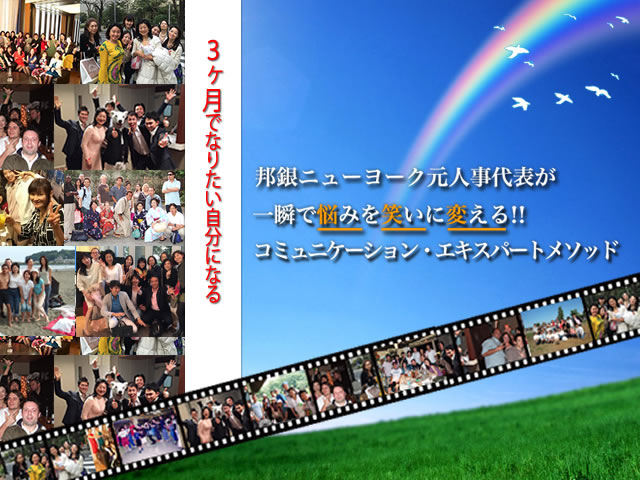9月19日、トランプ前大統領が発表した新たな政策では、高度外国人向けのビザ申請費用が約20倍の10万ドル(約1,500万円)へと引き上げられました。目的は、アメリカ人の雇用を最優先にするためです。
同じように、日本でも10月16日から経営管理ビザの資本金要件が500万円から3,000万円に引き上げられ、さらに他の条件も厳格化されます。背景には「制度悪用の防止」と「量より質への転換」がありますが、結果として外国人起業家にとって日本進出のハードルは大きく上がりました。
私の知人で、アメリカの大手IT企業から来日した、とても優秀なエンジニアがいます。
彼は日本語能力試験N2を保持し、数か月後にはN1取得を目指して勉強中。日本語の読み書きにも不自由がないほどの努力家です。
しかし、今回の規制強化により、日本オフィス設立の話は「一旦保留」となってしまいました。
理由は、高コストとリスクに見合うビジネス基盤を築けるか見極めが必要だからだといいます。
私はこの話を聞いて、とても複雑な気持ちになりました。
確かに制度の厳格化は必要かもしれません。しかし、日本企業が真のグローバル人材を育てるには、日本人が外資系企業や多文化環境で働くことが最も近道だと感じているからです。
もし、海外企業の日本進出が減れば、日本人が世界基準で働くチャンスも同時に減ってしまいます。
国境を越えた人材交流こそ、未来の日本経済を支える力になる。
そう信じて、私は今日も「英語×異文化コミュニケーション力」を通して、グローバルに活躍できる人材を育てています。
皆さんは、こうした政策の変化をどう感じますか? 「外国人受け入れ」と「日本人のグローバル化」、そのバランスが大事です。
🌏The Future of Globalization Seen Through Japan and America’s “Foreign Worker Admission Policies”
In recent years, both Japan and the United States have undergone significant shifts in their policies regarding the admission of foreign workers.
On September 19, President Trump announced a new policy raising visa application fees for highly skilled foreign workers to approximately $100,000 (about ¥15 million), a roughly 20 times increase. The goal is to prioritize American employment.
Similarly, in Japan, starting October 16th, the capital requirement for the Management Visa increased from 5 million yen to 30 million yen, with other conditions also becoming stricter. While the background includes “preventing abuse of the system” and “shifting from quantity to quality,” the result is that the barriers for foreign entrepreneurs entering Japan have significantly risen.
I know an exceptionally talented engineer who came to Japan from a major American IT company.
He holds the Japanese Language Proficiency Test N2 and is studying to achieve N1 within a few months. He’s a hard worker who can read and write Japanese without difficulty.
However, due to these stricter regulations, plans to establish a Japanese office have been “put on hold for now.”
The reason given is the need to assess whether they can build a business foundation that justifies the high costs and risks.
Hearing this news left me with very mixed feelings.
Certainly, stricter regulations may be necessary. But I believe the most direct path for Japanese companies to cultivate truly global talent is for Japanese people to work at foreign companies and in multicultural environments.
If fewer foreign companies enter Japan, opportunities for Japanese people to work at a global standard will also diminish.
Cross-border talent exchange is the force that will support Japan’s future economy.
Believing this, I continue to cultivate talent capable of thriving globally through “English × Cross-Cultural Communication Skills.”
How do you feel about these policy changes? The balance between “accepting foreign workers” and “globalizing Japanese workers” is crucial.
BusinessEnglish #CrossCulturalUnderstanding #GlobalTalentDevelopment #ForeignWorkerAcceptancePolicy
ForeignCompanyCareer #MyPerspective


















COMMENT